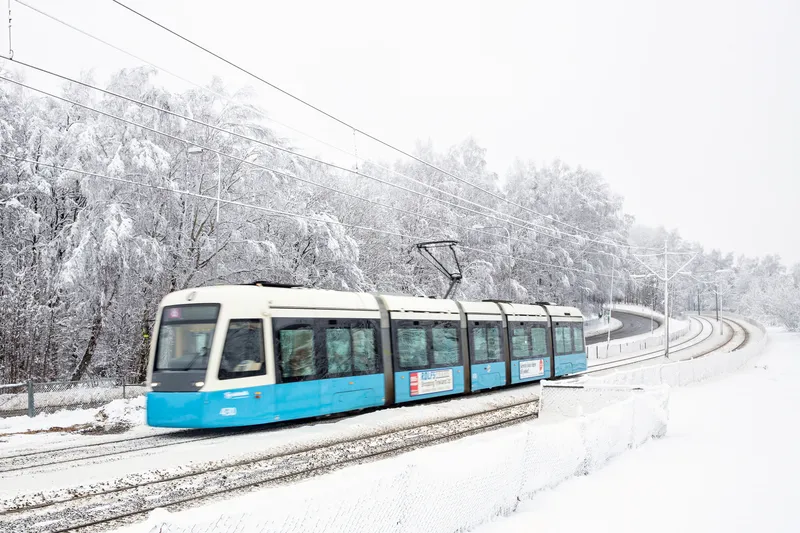The Bronx contract award follows a similar contract in 2011 for the Staten Island fleet component of the MTA Bus Time system, which uses VeriFone on-board systems to generate location data that is communicated wirelessly to the Bus Time server that passengers can access for real-time information. Passengers can use computers, cell phones, smartphones or other devices to get information on bus arrival and departure times.
VeriFone claims its TransitPAY solution enables bus tracking via real-time information, with the added benefit of supporting future fare payment applications across a common "open standards" hardware platform. TransitPAY provides real-time bus location details communicated wirelessly to an MTA-hosted server. Bus route details are shared with riders via SMS text message and website updates to alert riders of next bus arrival time.
VeriFone's TransitPAY is a rugged, reliable and secure solution that can transform the passenger experience and can integrate NFC smartphone-based payments and contactless smart cards. VeriFone has deployed transportation systems around the world, from Istanbul to New York City taxis, and supports both EMV and non-EMV bank-issued cards as well as closed-loop cards, such as MiFare cards.
“Our continued success in providing transit solutions to the MTA is a further validation of VeriFone’s strategy to extend our technology to new market opportunities,” said Jennifer Miles, VeriFone executive vice president, North America. “We have integrated control units, wireless modems and GPS tracking for improved fleet management with integrated solutions that are ready for automated payments capabilities such as NFC and EMV.”







